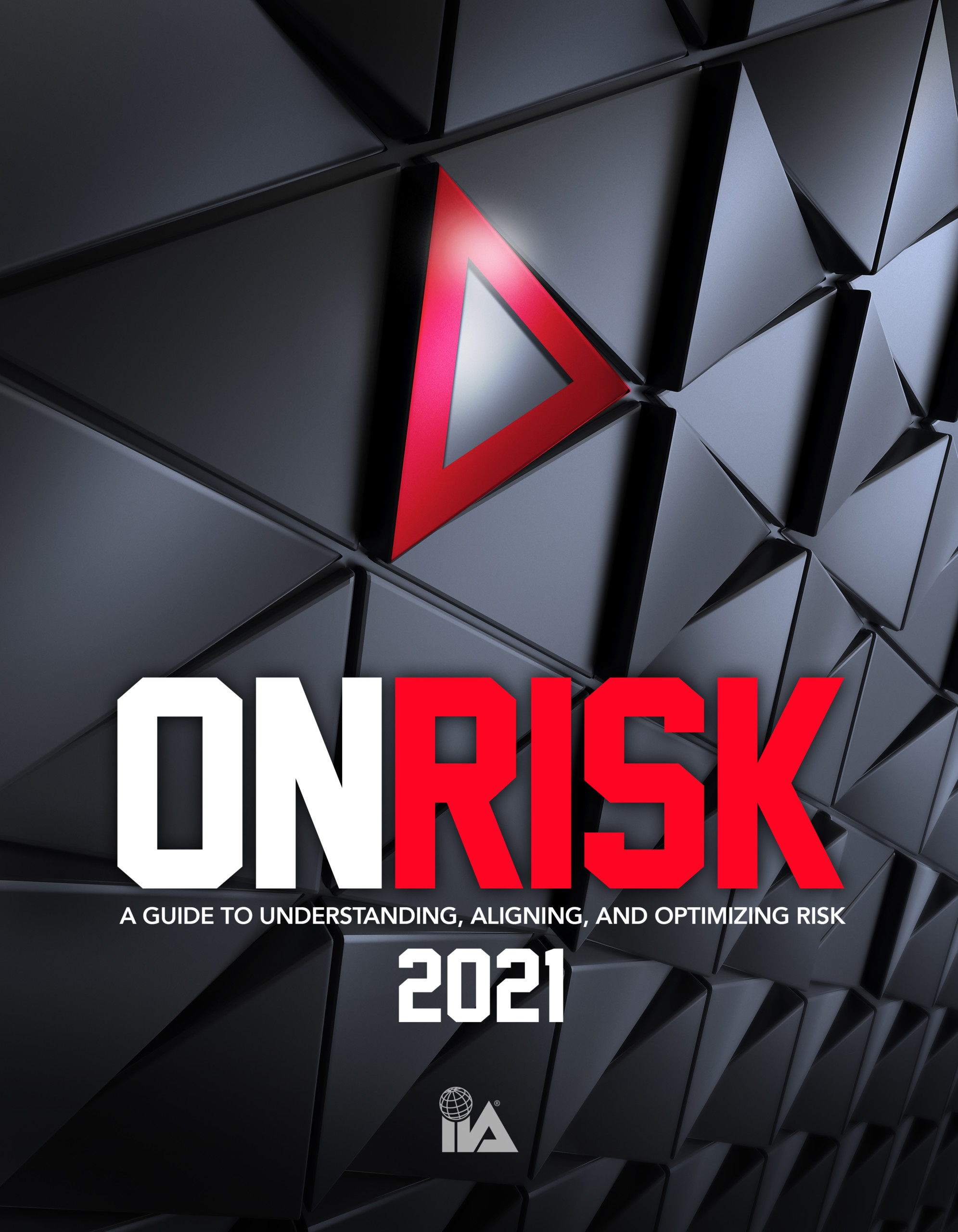Suspicious Internal Audit Deaths Demand Answers
October 18, 2020
New IIA Report Yields Valuable Clues on Risks for 2021
November 1, 2020I have long been fascinated by the dynamics between internal audit and the audit committees to whom it reports. Let me say right up front that I believe the vast majority of audit committees are diligent in their oversight. However, as I first shared in a blog in 2015, there are too many instances where audit committees are populated with members who aren’t as conscientious as they should be in their oversight roles.
In Extraordinary Circumstances, Cynthia Cooper’s riveting account of internal audit’s role in unraveling the financial reporting fraud at WorldCom, she recounts the challenges she had in securing an audience with the company’s audit committee so that she could share the internal audit results. After prolonged foot-dragging by the audit committee chairman, her patience finally wore out. In a line worthy of a Clint Eastwood film, she sent word to the chairman that, “if he doesn’t call a meeting today, I’m going to get on the phone and call one myself.” As I have posed on occasion, I wonder how many of us would have such courage; how many of us would ever need to go to such lengths?
Once the chairman relented and called the meeting, the source of his reluctance became clearer. Speaking to Cooper by phone later that day, the chairman chided her, “Do you have any idea what I am about to do? I’m about to blow up this company.” There are few (if any) instances in which an internal audit has disclosed information as consequential as that in the WorldCom case. Yet it is surely not the only time that an audit committee or its chair have elected to stick their heads firmly in the sand, rather than hear damaging or uncomfortable information from internal audit.
As The IIA’s CEO, I have often heard chief audit executives (CAEs) lament about the challenges of executing their roles. Based on my own experiences, I am rarely surprised when they cite examples of management’s reluctance to hear bad news, whether about its own operations or about the actions of colleagues or subordinates. The vast majority of executives are indeed willing to hear the truth, but there still are far too many — CEOs and chief financial officers included — who would rather not hear the bad news from internal audit. On rare occasions, they might prohibit internal audit from appropriate disclosure of results, or they might retaliate against CAEs who do. The “safety net” for those CAEs who work for nefarious executives should be the audit committee. After all, the board of directors and its audit committee have a fiduciary responsibility to look out for the shareholders — right?
What surprises me more than the tales of obstructionist executives are the experiences of CAEs whose audit committees are reluctant to hear everything internal audit might have to share. Sometimes, the reluctance is guided by their desire to avoid bad news — as may have been the case at WorldCom. Other times, it’s because their plate is overflowing and hearing even one more risk or control failure is just not desirable. Regardless of the motive, a disinterested or, worse yet, antagonistic audit committee is the last thing a CAE needs.
As I shared in a blog several years ago, based on the firsthand experiences of CAEs, there are several examples of information or internal audit results that sometimes make audit committees uncomfortable. These include:
- Allegations of misconduct or inappropriate behavior on the part of the CEO or another executive.
- A general assessment that corporate tone at the top may be unhealthy.
- An inability to provide assurance on the effectiveness of internal controls or risk management.
- An assertion that internal audit’s resources may not be adequate, or that management-directed reductions to internal audit resources have gone too deep.
- An allegation by the CAE of management interference with the work of internal audit.
- A discussion of the risks that internal audit will not address during the coming year because of resource constraints or limited expertise.
- An inventory of emerging risks that should be on the audit committee’s radar.
It is rare that the chairman or full audit committee explicitly precludes the CAE from discussing those topics. Instead, an audit committee’s limited appetite for such feedback is more often masked. For example, if the audit committee never asks the CAE about any resource or scope limitations, it makes it much more difficult for the subjects to come up. An audit committee can also limit the potential for bad news by limiting or concurring with limitations on internal audit’s scope. For example, if the scope of internal audit’s coverage is limited to assessing the effectiveness of financial controls, the audit committee will likely hear very little about operational, technology, or compliance risks unless the assessment is coming from management. A CAE once shared with me that, when he tried to share his perspectives on nonfinancial-related risks, the audit committee gently reminded him that nonfinancial risks were outside internal audit’s scope.
My objective is not to impugn audit committees or their beleaguered members. The vast majority are very vigilant in executing their roles. But I believe any reluctance by audit committees to hear/solicit everything internal audit needs to say presents the profession with a call to action. We must do a better job of articulating the roles we can play in enhancing risk management and internal controls in our organizations. We should encourage audit committees to ask the tough questions. When they don’t, we should volunteer the answers anyway. After all, audit committees don’t serve the interest of shareholders if they seek to see no evil or hear no evil.
While it is unlikely that any of us will ever have to threaten to call a meeting of the audit committee on our own, we should never shirk from our responsibilities to keep the audit committee fully and promptly informed, particularly about those things they might not want to hear.
I welcome your thoughts on this delicate topic.






I welcome your comments via LinkedIn or Twitter (@rfchambers).